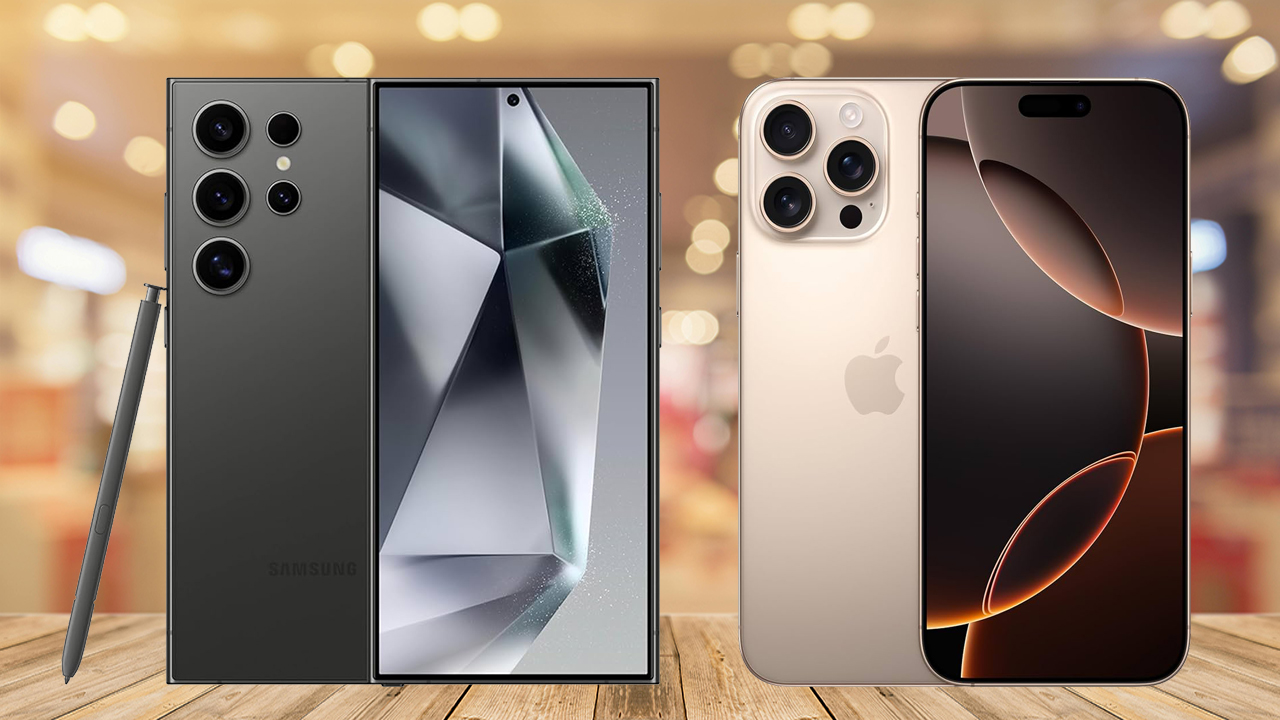Table of Contents of Top 10 Phones
Looking for a new phone? You’re in the right place. Many new phones are launching, making it hard to know which ones are worth buying.
Choosing an iPhone is simpler because Apple only releases a few models each year. This means you have fewer choices. In contrast, Samsung Galaxy phones come in a wide variety. If you are sure you want a Samsung, that can help make your decision clearer.
If you’re thinking about any phone, including all Android devices, your choice becomes more complicated. This guide will help you.
We review every phone worth buying—over a hundred each year—but only the best make it here. If you’re looking for something more affordable, check out our guides on the best budget phones and best mid-range phones.
We recommend all the phones listed below, and each one has its unique strengths. Whether you want a phone with AI features, great cameras, excellent gaming performance, long battery life, a folding screen, or good value for money, you’ll find something that suits your needs.
Samsung, Google, Apple, Xiaomi, OnePlus, Honor, Motorola, and Nothing (through its sub-brand CMF) are included here. Nokia, Realme, Asus, Huawei, Honor, Vivo, and Sony are not featured, but you can find them in other smartphone buying guides. At the end of this article, you will also find helpful buying advice to help you choose the best phone for your needs.
We’ve walked you through the development of mobile networks from 2G to 5G. We’ve reported on the ups and downs of Windows Phone, BlackBerry, and LG phones.
Smartphone manufacturers have raced to create the biggest, brightest, and best displays. They’ve competed to offer faster processors and graphics for top mobile performance. We’ve seen a battle over how many cameras and megapixels they can fit into phones. There’s also been a focus on batteries that last longer than a day, and on new tech that makes phones water-resistant and improves sound quality.
Over the past 17 years, we’ve explored mobile hardware together. Today, it’s the software and advanced AI features that keep us engaged. We test every new Android and iPhone model extensively, using them as our main phones for the most accurate experience possible. This allows us to give you the best advice when you buy a new phone.
Best phone 2024
1. Samsung Galaxy S24 Ultra – Best overall from Top 10 Phones
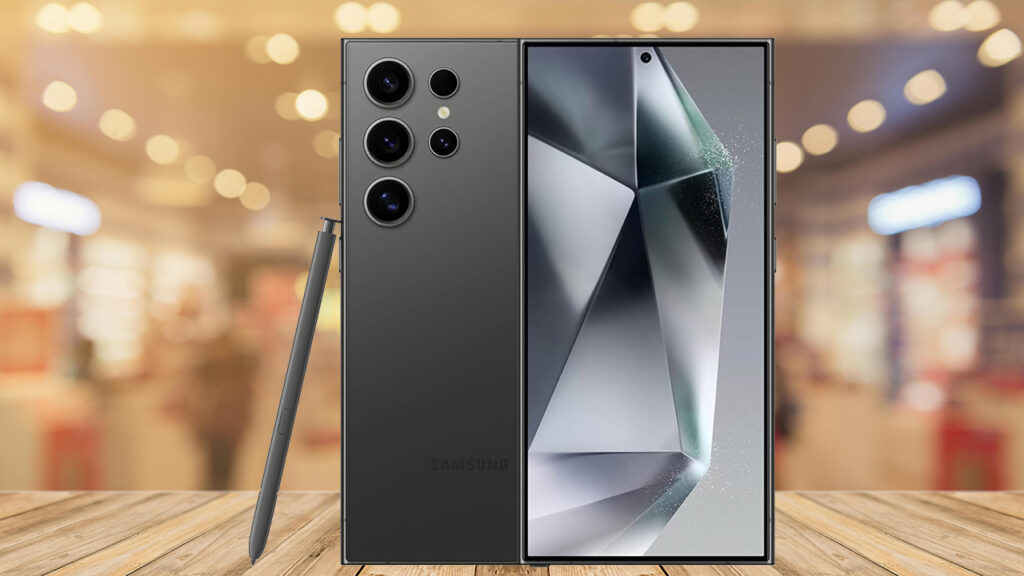
| Pros | Cons |
| Great performance | Expensive |
| Excellent and versatile cameras | Large and heavy |
| Very good battery life | Charging speed is still only 45W |
| Smart AI features | |
| Seven years of software updates |
Best Prices Today: $1,089.99
If money is not a concern, the S24 Ultra is currently the best smartphone available.
Samsung uses its high price to deliver an excellent user experience with few weaknesses. It has many strong features, including powerful Snapdragon 8 Gen 3 performance and five impressive camera lenses.
You also get a beautiful 6.8-inch AMOLED display and a built-in S Pen. Many users find that the battery lasts for two days.
Additionally, the software is the best it has ever been, with a smooth One UI on Android 14 and seven years of both operating system and security updates. It also includes helpful AI features.
The S24 Ultra has a high price and a large, bulky design, which may not suit everyone. However, it is the most complete smartphone you can buy.
2. Xiaomi 14 Ultra – Best cameras
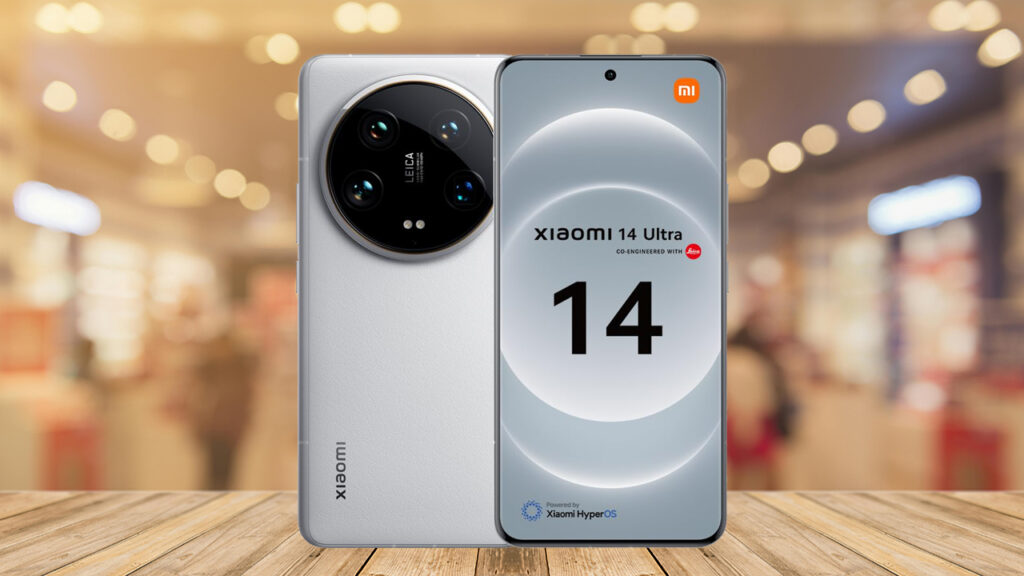
| Pros | Cons |
| Great camera quality | High price, with Photography Kit sold separately |
| Attractive vegan leather design | Mixed reviews on HyperOS software |
| Beautiful curved screen | |
| Excellent performance | |
| Fast 90W charging |
Xiaomi’s flagship smartphones, especially the 14 Ultra, are known for their excellent photo quality. This model can really serve as a replacement for a DSLR camera for many users because of its high-quality and versatile camera system. It features four 50MP rear cameras and a 32MP front camera, all capable of taking fantastic photos in almost any setting.
Though it is pricey, there’s an optional Photography Kit that enhances the camera experience even more. The 14 Ultra also has a beautiful design, a stunning display, great performance, and solid battery life with 90W fast charging. This makes it one of the few phones worth its high price. However, not everyone can afford it, and the HyperOS software experience could be better.
These two issues keep it from ranking higher, but if photography is your main focus, this is the phone to buy. If you want something more affordable, the regular Xiaomi 14 offers nearly the same photography quality.
3. Google Pixel 9 Pro XL – A great alternative
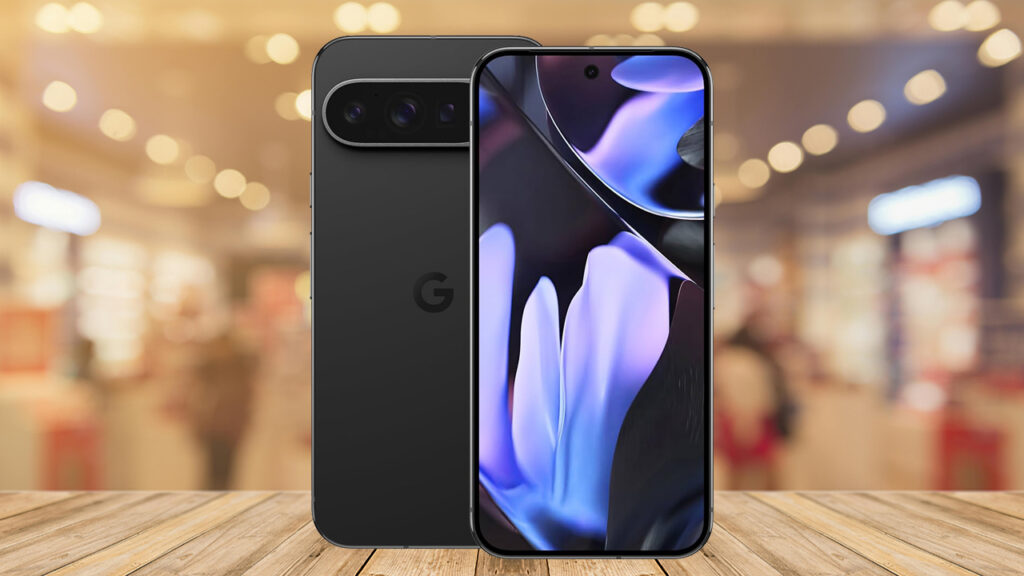
| Pros | Cons |
| Great cameras | High price |
| Excellent display | Basic design |
| Top-notch software | Battery life could be better |
| Updates for seven years |
Best Prices Today: $1,099
If the previous options don’t appeal to you, consider the Pixel 9. For the best experience, choose the new Pixel 9 Pro XL.
While it’s not as impressive as the Pixel 8 Pro, the 9 Pro XL still offers a great experience in most important areas.
The cameras stand out, capturing vibrant, high-contrast photos with clear details, even in low light. The ultrawide lens and 5x optical zoom make it a versatile camera system, and selfies from the upgraded front lens are excellent.
The 6.8-inch display is enjoyable to use, and Google’s Tensor G4 chipset provides reliable performance. The build quality is better than before, although some may find the new design too generic.
Google excels at creating a good software experience. The 9 Pro XL runs Android 14 and comes with seven years of OS and security updates, which is unmatched by other phones.
Battery life is decent but not outstanding, and the 37W charging is on the slower side. Ultimately, whether you buy the 9 Pro XL depends on if you think the higher price is worth it.
If not, consider the Pixel 9 Pro or the regular Pixel 9, but be aware that there are some downgrades.
4. Apple iPhone 16 Plus – Best iPhone
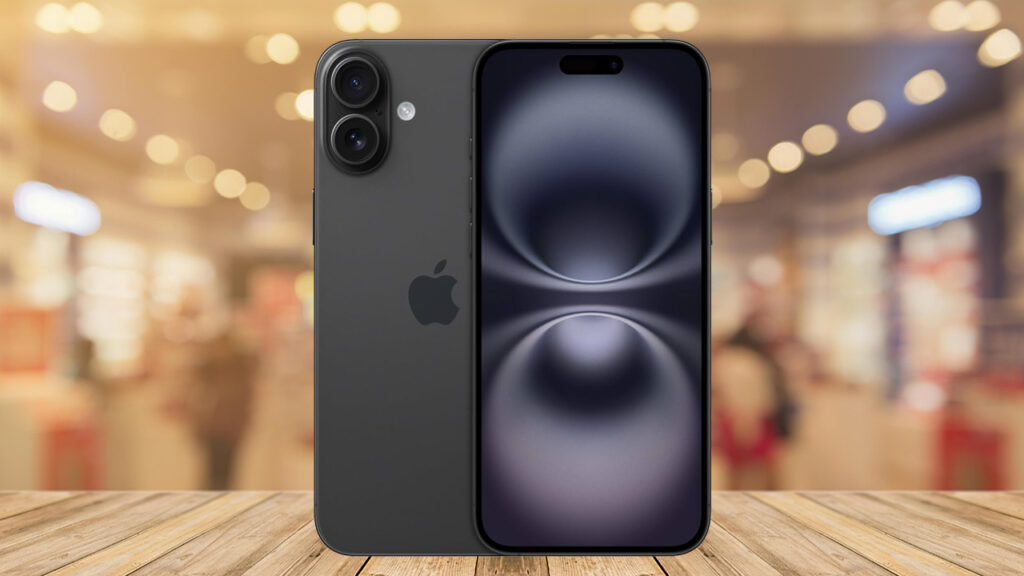
| Pros | Cons |
| Large Super Retina XDR display | No 120Hz refresh rate |
| Smooth performance | Incomplete AI at launch |
| Excellent battery life | Starts with 128GB storage |
| Useful Camera Control button |
Best Prices Today: $929.99
The iPhone 16 Plus is a great choice in the 2024 lineup. It combines size, price, and features well.
Like the other models in the 16 range, it won’t have Apple Intelligence at launch. If that’s important to you, you might want to wait to see how good it is.
Otherwise, you get a solid all-around phone that will soon receive AI features. It’s closer to the Pro Max this time because the Action Button is now included, and the new Camera Control button is not just for Pro models.
The screen isn’t as large or impressive as the Pro Max, and it has a regular A18 chipset, but these will be good enough for most users. You also won’t have a telephoto lens or 1TB storage, but many people won’t mind these sacrifices for a lower price.
5. OnePlus Nord 4 – Best value phone
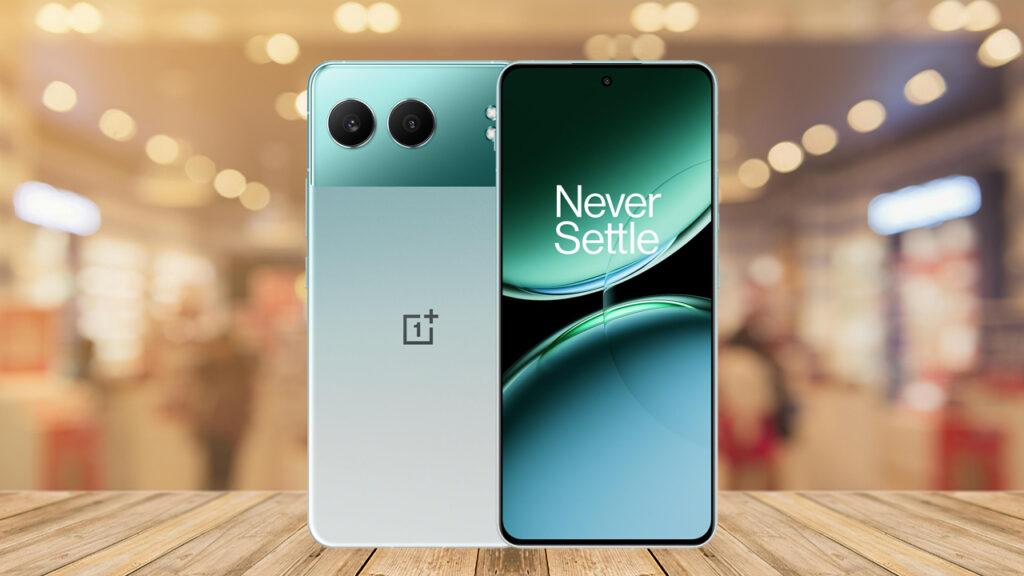
| Pros | Cons |
| High-quality build | Unique design may not appeal to everyone |
| Excellent display | Ultrawide camera underperforms |
| Strong main camera | Lacks a telephoto camera |
| Good battery life | |
| Six years of security updates |
Best Prices Today: $499
For the past few years, Google’s A-Series phones have been great value for money in the smartphone market. However, the Pixel 8a now faces strong competition from the OnePlus Nord 4.
The Nord 4 stands out with excellent build quality, featuring a sturdy aluminum body. It also has a beautiful 120Hz OLED screen, strong performance, and long battery life.
If you like the design, you should note that the camera has some drawbacks. There is no telephoto lens, so zoom shots can be disappointing. The ultrawide camera may look good but doesn’t perform as well as expected.
If you mainly use the main camera, you will be satisfied. Plus, the Nord 4 offers six years of security updates, making it almost as long-lasting as the Pixel 8a.
Overall, the OnePlus Nord 4 is the best choice if you want a mid-range phone.
6. Motorola Razr 50 Ultra/Razr+ (2024) – Best foldable phone
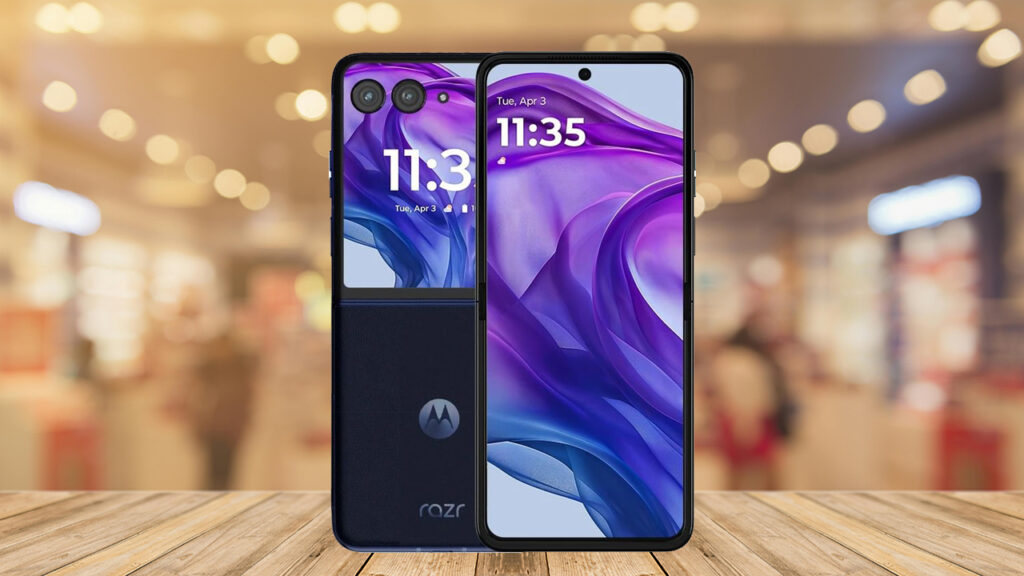
| Pros | Cons |
| Great outer display | Competitors offer longer software support |
| Improved camera quality | Can heat up noticeably |
| Unique software features | Weak internal camera |
| Good battery life |
When you think of flip phones released in 2024, Samsung’s Galaxy Z Flip 6 is probably the first one that comes to mind. However, the Motorola Razr 50 Ultra (called the Razr+ in some places) is a better choice for most people.
The main reason is its large 4-inch, 165Hz outer screen. It is bigger than its competitors and you can use any app on it easily. The 6.9-inch, 165Hz internal display is also impressive, with a crease that is hard to notice.
While it doesn’t match the best camera phones, the Razr 50 Ultra’s rear cameras take good photos in different settings. Motorola chose a 2x telephoto lens instead of an ultrawide lens, and the internal selfie camera is not very good.
Motorola offers smooth software, good battery life, and decent charging speeds. Though the Z Flip 6 excels in some areas, like longer software support, the Razr is a better overall choice for most users.
If you want a cheaper option, consider the regular Razr 50. If you prefer a book-style foldable phone, check out the Google Pixel 9 Pro Fold.
7. Apple iPhone 16 Pro Max – Best Premium iPhone
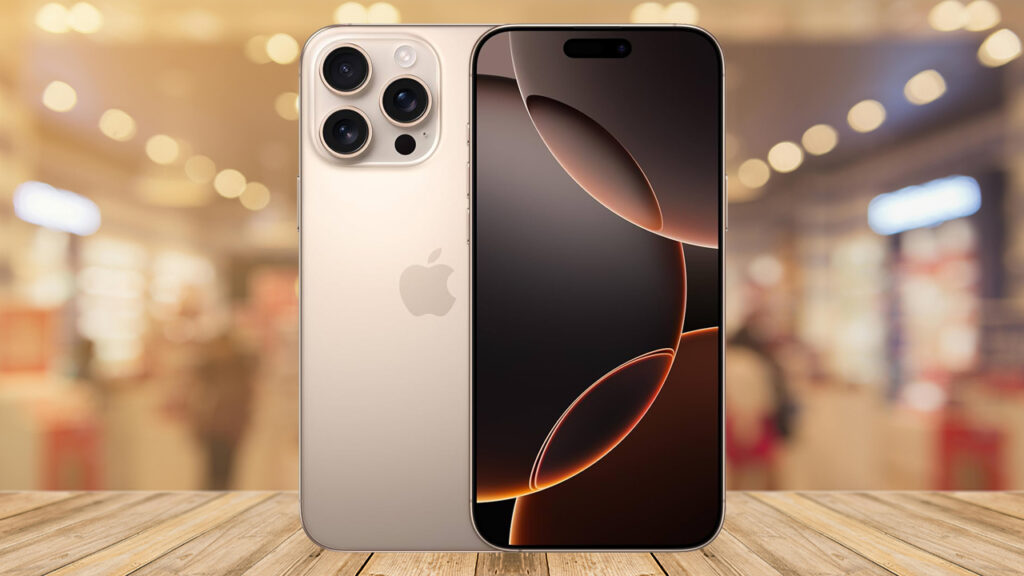
| Pros | Cons |
| Great display | AI features are not fully developed at launch |
| High-quality design and build | Only 8GB of RAM |
| Strong performance | Pricey |
| Long battery life | |
| Handy camera control button |
Best Prices Today: $1199.99
This phone might not be the right choice for everyone because of its size and price. However, Apple includes everything you could want, making it a top option for those who want the best in every category.
It continues Apple’s strengths: stylish design, strong performance, and great cameras. The Max offers the best features, as long as you can handle its size day-to-day. If you’re upgrading from an iPhone 14 or earlier, you’ll notice a big improvement, even if it looks similar to the previous model.
The key highlights are its impressive 6.9-inch Super Retina XDR OLED display, advanced camera technology with the new Camera Control, the powerful A18 Pro chip, and the best battery life available on an iPhone.
Currently, a downside is that Apple Intelligence isn’t yet available across the range. If this feature is important to you, it may be worth waiting for more information on Apple’s AI capabilities.
8. OnePlus 12 – Great all-rounder
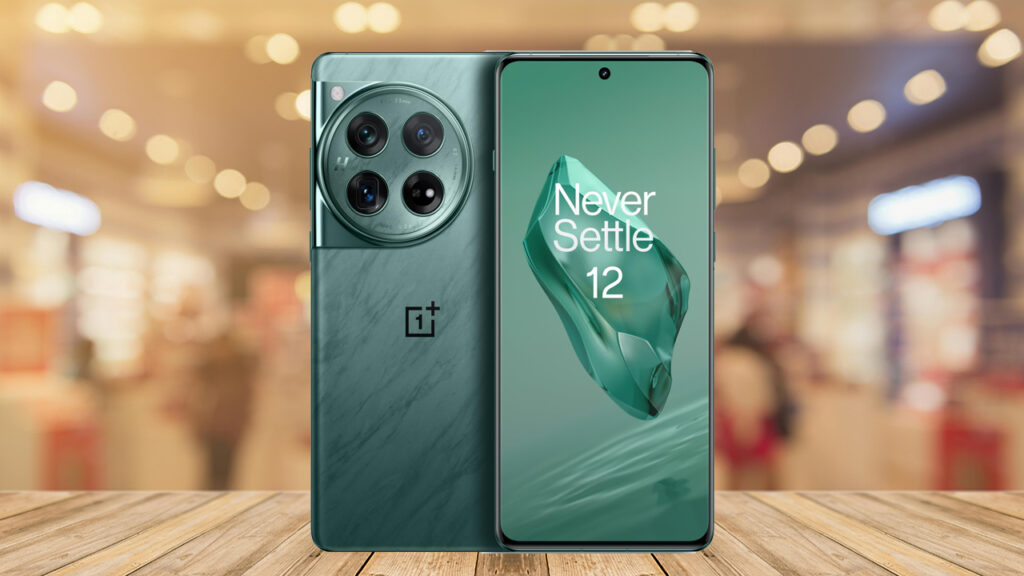
| Pros | Cons |
| Stylish and unique design | Average wide-angle and selfie cameras |
| Excellent screen | More expensive than the OnePlus 11 |
| Fast charging with wires and wirelessly | Limited water resistance |
| Great main and telephoto cameras |
Best Prices Today: $799.99
The OnePlus 12 costs more than the OnePlus 11, so it isn’t the best value flagship anymore.
However, it is still cheaper than most flagship phones and offers what many users want in a smartphone.
The Snapdragon 8 Gen 3 chip provides excellent performance, and the 120Hz AMOLED screen gives a great viewing experience. The main and telephoto cameras are now among the best available, though the wide-angle and selfie cameras could use some improvement.
The battery life is good, and it features 100W fast charging along with 50W wireless charging. OnePlus’ OxygenOS, now over Android 14, remains strong, but it offers four OS updates and five years of security patches, which is less than Google and Samsung’s seven years.
Overall, the OnePlus 12 is a great smartphone that is easy to recommend. If you want a foldable phone, check out the OnePlus Open instead.
9. CMF Phone 1 – Best budget phone
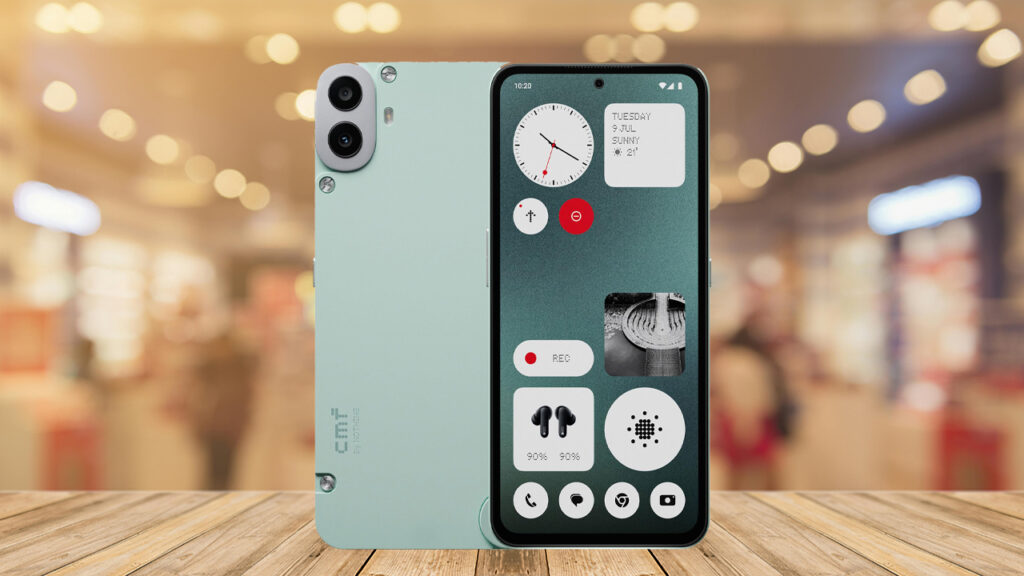
| Pros | Cons |
| Stylish and unique design | No NFC feature |
| No unwanted extra software | Limited water and dust protection |
| Good performance | Basic cameras |
| Fun accessories |
CMF, a sub-brand of Nothing, has focused on wearables and audio products in the past. Their first smartphone, the Phone 1, is a clear success. It looks fun, has solid core features, and is priced at just $199.
The design stands out, with a back panel that you can easily swap out. It also has options for a lanyard, kickstand, or card wallet, all sold separately. Even if these extras don’t interest you, the Phone 1 offers strong performance and an attractive display, which are essential for any modern smartphone.
Battery life is decent, and Nothing offers a unique Android experience with no extra apps cluttering the phone.
However, the lack of NFC means you can’t use contactless payments, which could be a dealbreaker. The cameras and water resistance could also be better. For long software support, consider Samsung’s Galaxy A15 5G or A15 4G.
Overall, the CMF Phone 1 is currently the best budget smartphone available.
10. Samsung Galaxy S24+ – Superb all-rounder
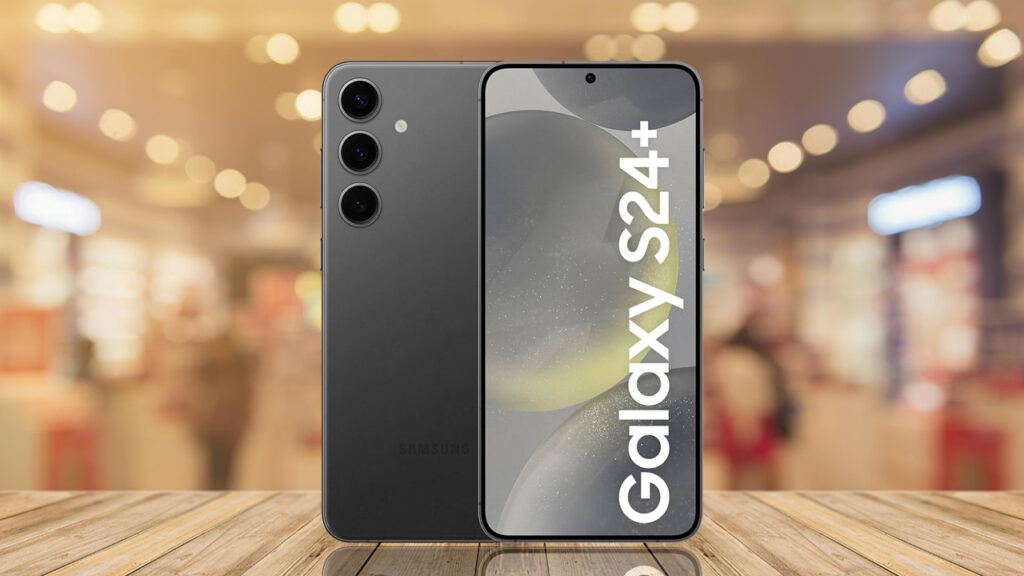
| Pros | Cons |
| Great display | No S Pen support |
| Strong performance | No Micro-SD support |
| Helpful AI features | Still quite pricey |
| Excellent battery life | |
| Seven years of updates |
Best Prices Today: $797.99
Many people find the Galaxy S24+ to be the best choice in Samsung’s Galaxy S24 range. While it doesn’t support the S Pen and uses the Exynos 2400 chip in the UK (the US models have the Snapdragon 8 Gen 3), it is still an excellent phone.
The model we tested performed well, especially with its high-quality 6.7-inch display and premium design. The cameras are good, and the battery life is great.
It also includes key features from the S24 Ultra, like helpful AI tools and an impressive seven years of software updates. Despite some slow charging and a high price, there’s not much to complain about..
Your buying guide for the best phones in 2024
When choosing a phone, consider these factors: build quality and design, display, performance, cameras, battery life, software, and value for money.
In 2024, a flagship phone usually starts at about £700/$700 and can cost over $1,000/£1,000. If you’re on contract in the UK, expect to pay between £30 and £50 per month, but it can be higher for expensive phones and more data.
In the US, you can often find better contract deals on phones than in the UK and Europe.
This list includes some of the best smartphones available right now. While many are flagships, there are also mid-range and budget options that offer great features for their price.
Buying a phone outright usually gives you the best value. However, we know not everyone can afford to pay a large amount at once. If you can, make sure to get a SIM card and plan along with your phone. If you need one, check out the best SIM-only deals.
Smartphones buying advice
Should I buy an iPhone or Android phone?
There are two main mobile operating systems to consider: Android and iOS. Most phones use Android, with Android 14 being the latest version. Although Apple’s iOS, currently at version 18, has a smaller market share, developers often release their apps on iOS first. This makes it one of the best app stores available.
If you want to switch from an Android phone to an iPhone, or vice versa, it’s easy to transfer your contacts and some other data. However, you cannot transfer paid apps or certain app data, like WhatsApp backups. Keep this in mind if you are thinking about changing your platform, and make sure to research any specific questions you have about the process.
Should I buy an unlocked phone?
An unlocked phone is not tied to any specific mobile network. When you buy an unlocked phone, you usually pay for it outright, without a SIM card or contract.
Buying an unlocked phone is often a better deal than getting one on a contract, if you can afford the upfront cost. The main exception is with iPhones. Because iPhones are popular, carriers often lower the price to attract buyers, but this usually means you must commit to a long contract.
If you can pay for an unlocked phone, you will likely spend less over time. You also won’t be locked into a long contract. You can buy a new phone whenever you want without needing to pay to get out of a contract or sign up for another two years.
Just make sure that the phone you’re buying is truly unlocked and not tied to a specific network.
Which SIM or mobile plan should I get?
When choosing a phone, consider the type of SIM card it needs. If your phone needs a nano-SIM, make sure to get one. Most phones on this list use a nano-SIM, except for some iPhone models in the US that use eSIM.
For most people, it’s better to use a physical SIM card for now. Most networks will send you a SIM card that works in three sizes, so you can easily pop out the one you need.
If you’re buying a SIM-free or unlocked phone, you likely already have a SIM card to use.
4G is good enough for most users. But if you want 5G, ensure both your phone and SIM card support it.


